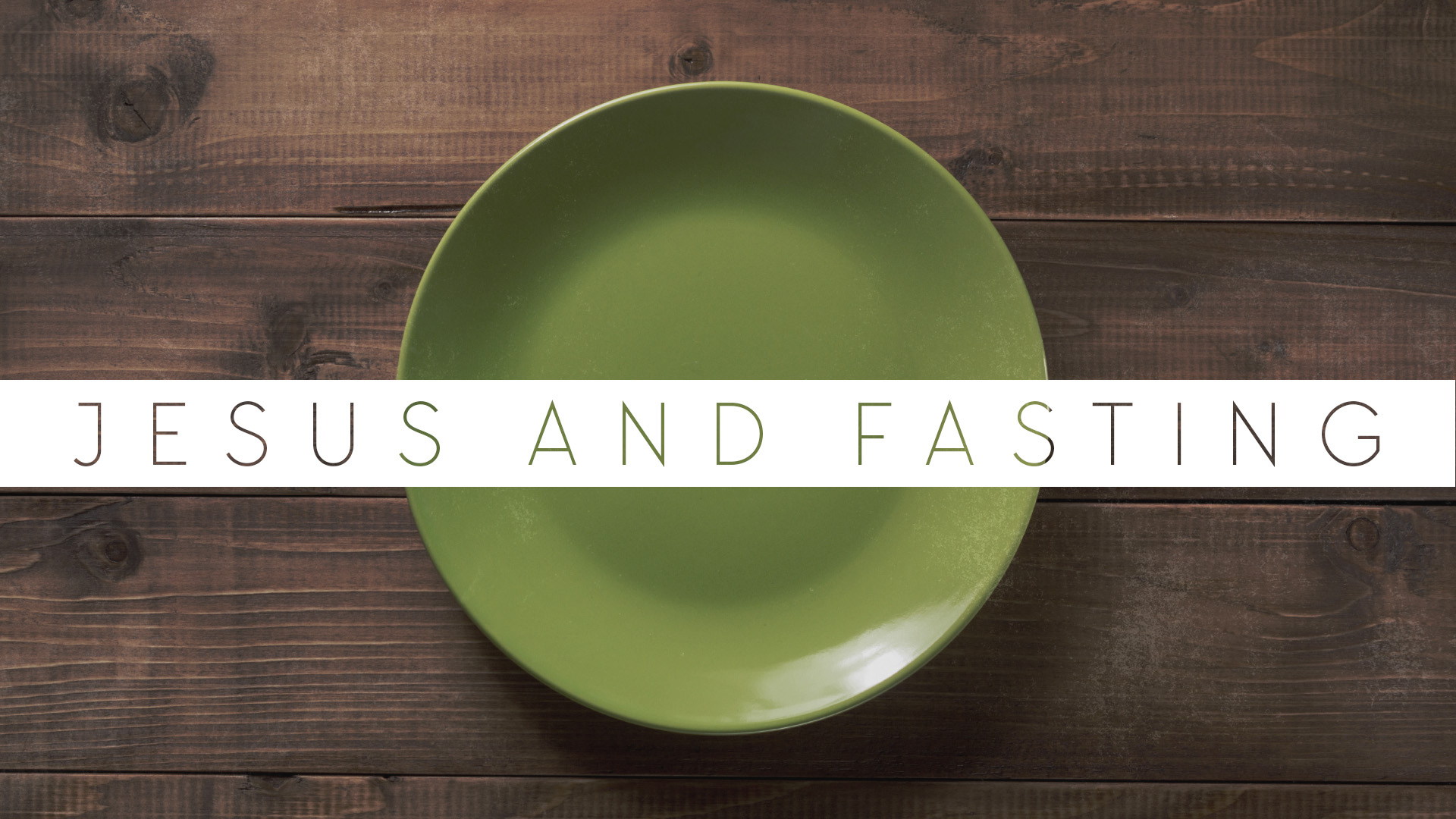
Jesus and Fasting
The three great religious practices among the Jews were giving, praying, and fasting. Jesus’ own ministry began with an epic forty-day fast. Jesus begins, “Whenever you fast,” because he probably expected his followers would fast, though neither he nor any of the New Testament writers command it.
Jesus offers no technical instructions on when or how to fast, only that fasting should not be for outward show. Apparently, many who fasted made a point of wearing tattered clothing, scrubbing their head with ashes, and stumbling about as though carrying a great burden.
Jesus offers two instructions.
First, when fasting, look normal—and cheerful! “… put oil on your head and wash your face … ”
The oil and water treatment was the everyday norm in Jesus’ day. That’s just what people did before going out. In fact, since oil was synonymous with gladness (Is. 61:3), a person should look not only normal but cheerful!
Second, Jesus taught, when fasting, fast for God, “ … so that your fasting may be seen not by others but by your Father who is in secret.”
We don’t fast to impress people or to demonstrate our piety or our zeal; we don’t fast to get something from God. Its central motive is fellowship with God.
John Wesley and fasting
For a portion of John Wesley’s ministry, he advocated fasting on both Wednesday and Friday each week as a regular spiritual discipline. It’s well known that Wesley would not ordain anyone to the Methodist ministry who was unwilling to fast for those days.
But as time passed Wesley fasted mostly on Fridays, which was the Anglican norm. Wesley usually began a Friday fast at sundown on Thursday. This was in continuity with Jewish and early Christian tradition, which both marked the beginning of the day at sundown, not midnight. Wesley typically ended his fast at 3:00 p.m. on Friday.
Guidelines for a Wesleyan fast
- Be flexible and listen to the Holy Spirit. Don’t get so caught up with the act of fasting itself that you forget why you’re doing it in the first place
- Decide whether you’re going to do a complete fast (water only), a no-solid food fast that allows milk, juice, coffee, and tea, a no-meat fast, or some other kind of fast. There are no fixed rules here but it’s always good to try to keep the fast you set out to do. Some fasts are more difficult than others, and there will be times you may feel led to switch things up.
- Plan on Friday as your regular fasting day but use Wednesday and other days for additional fasting when you feel called to a time of deeper and more intense prayer. Remember there’s nothing “magic” about Friday. It’s simply a historical day for fasting in many Christian traditions, largely because Jesus was crucified on a Friday.
- Only fast for more than one consecutive day after you’ve consulted with your doctor and only if you’re sure you are physically able to handle it.
- Make sure you drink plenty of water while fasting, no matter what kind of fast you choose.
- The default Wesley Fast is observed from sundown Thursday till 3:00 on Friday. Join us at Trinity at 4:00 and we will break our fast with a traditional British tea.
- Remember, there will be times when it makes sense to skip your Friday fast or move it to another day of the week. For example, if you have an opportunity to have lunch with someone on Friday you’ve been wanting to connect with for a while, don’t feel compelled to create and awkward situation by stick to your fast. Just change your fast day that week.